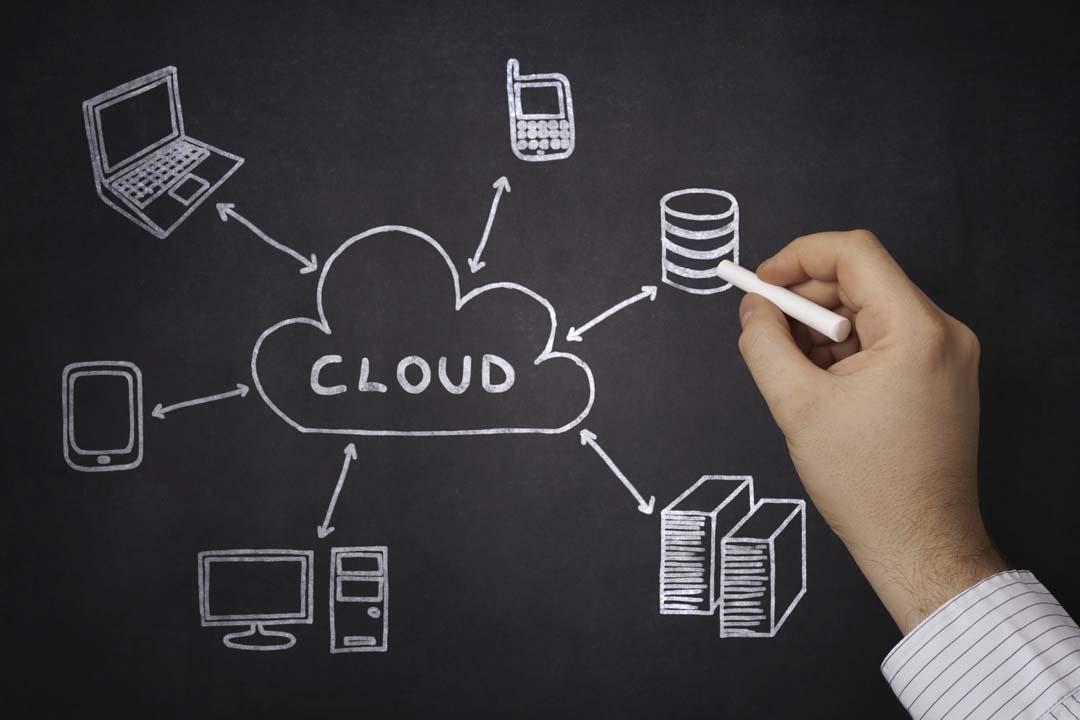The Cloud demystified
Cloud computing is a way to provide computer resources to businesses via the internet. These resources may include business applications, data storage, databases and security. Cloud services move resources away from private assets and combine them as pooled services, accessible by almost any organisation. Which effectively means that with the Cloud, you may no longer have computer servers and storage located in your offices.
What are the advantages?
Accessibility – Pricing has hit a point where enterprise services are available without huge capital investments so that smaller businesses now have access to greater resources than they would have had before Cloud computing became mainstream.
Flexibility – most services are easily sourced and infinitely flexible. You can scale users up and down with relative ease, enabling you to manage workloads without worrying about architecture limits.
Reliability – due to the distributed nature of the services, reliability is increased as there’s in-built resilience.
Security – depending on the service or solution taken, security can be increased. For example, with a hosted desktop solution, data is stored off-site in a secure data centre. Users no longer need to carry their data around on local devices or drives. And backups are automatically scheduled.
What types of Cloud are there?
Three types of Cloud exist for businesses:
- Public: Accessible to all and based upon a shared resource model. Many businesses utilise public cloud and the underlying architecture is shared by all. Microsoft Office 365 is an example of public cloud.
- Private: Computer resources are dedicated to that business or organisation and kept in the cloud – for hosted (or virtual) desktops – also known as Platform as a Service (PaaS).
- Hybrid: Combines on-premise systems in conjunction with cloud-based resources. This type of environment could be a Windows Server holding local database services for a line of business application, combined with Office 365 for email services.
What common services are available?
The Cloud offers a choice of services such as:
Backup and recovery
Backup of your critical data assets and systems can be moved to the Cloud so that you no longer have to worry about backing up your data.
Productivity
Hosted desktops, Office 365 and other Cloud-based productivity applications, such as the standard MS office suite – Word, Excel, Powerpoint, Email etc, can help you run your business without investment in local equipment and software licences.
File storage and sync
You can file your data using a range of products such as Dropbox, OneDrive, Google Drive so that data is distributed across your user and partner base.
Security and anti-virus
The Cloud takes care of security such as email filtering, web filtering and Cloud hosted anti-virus. You don’t need to have on-premise servers to run these services any longer.
Which one is best for my organisation?
No one size fits all. It is important to understand what challenges a business faces when looking at which Cloud solutions will be suitable. Taking some time to understand the current situation and the businesses plans over the next 12/36 months will help to make an informed decision. Questions to ask include:
Is the business expanding quickly?
Does the business need increased computer reliability?
Does the business need to invest in software which is only cost effective if acquired via a Cloud provider?
In summary, Cloud computing provides excellent access to a range of services that may have been out of reach of smaller businesses a few years ago. Making the correct choice is not easy, but with careful planning and consultancy, businesses can maximise these new services to help them gain an advantage over their competitors.
Orca provides strategic IT consultancy and has helped our clients to transition their business systems to the Cloud. For more information on our IT services, contact us.

